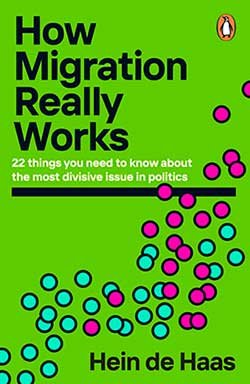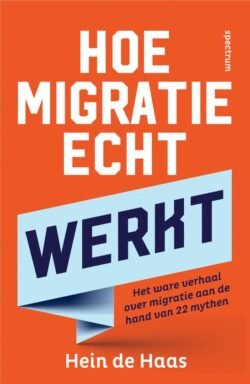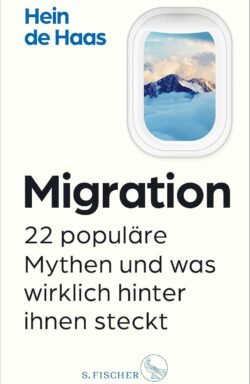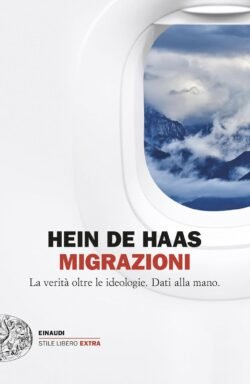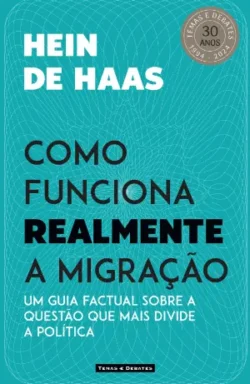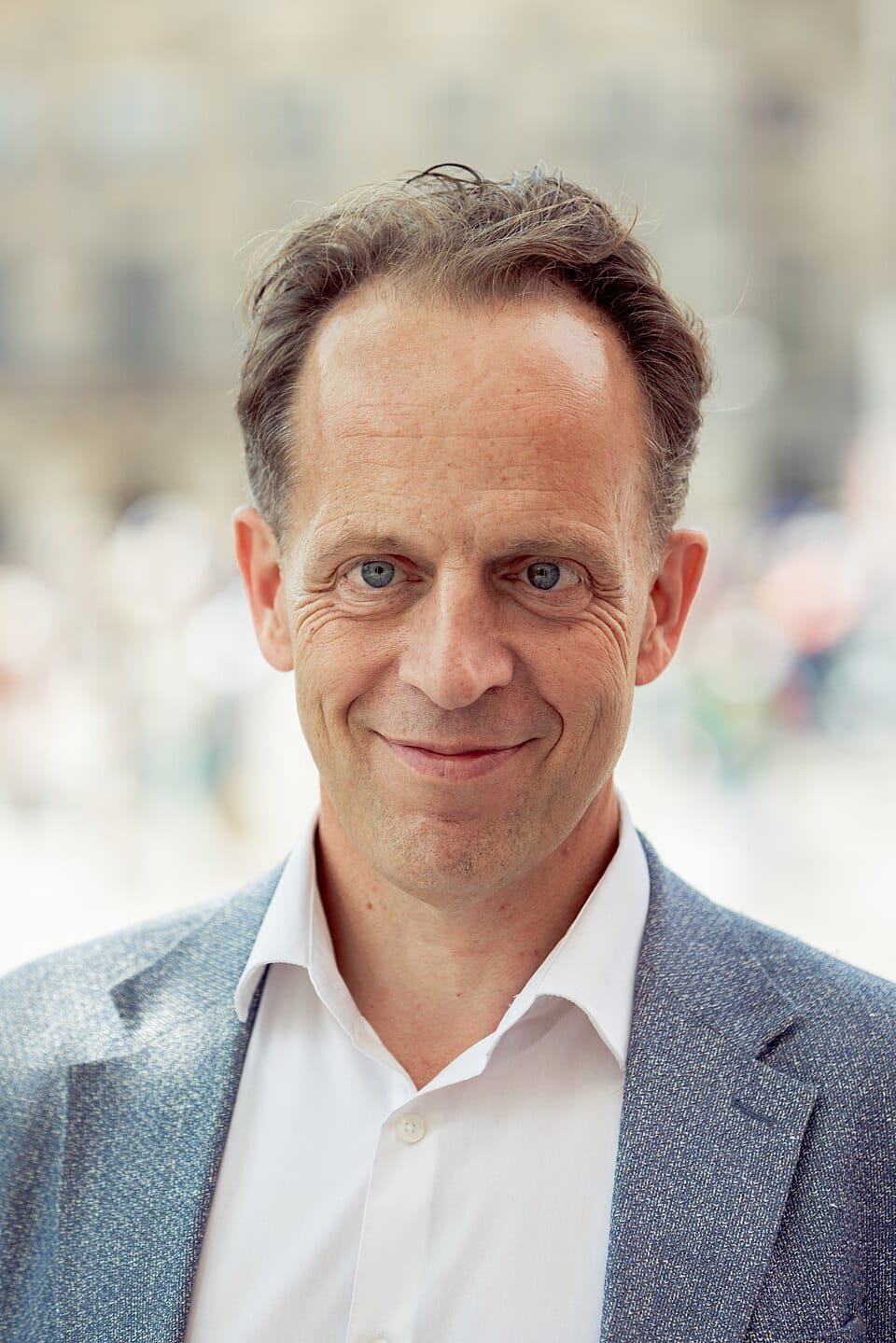
Hein de Haas is a sociologist and a geographer who has lived and worked in the Netherlands, Morocco and the United Kingdom. He is currently Professor of Sociology at the University of Amsterdam (UvA). Between 2006 and 2015, he was a founding member and co-director of the International Migration Institute (IMI) at the University of Oxford. He continues directing IMI from its current home at UvA. He is also Professor of Migration and Development at the University of Maastricht.
In his work, De Haas has advanced a new, long-term view of migration as an intrinsic part of global change and development. He is lead author of The Age of Migration: International Population Movements in the Modern World, a seminal text book in the field of migration studies.
His new book How Migration Really Works was published by Penguin in November 2023 (US edition with Basic Books) as well as in German, Dutch, French, Spanish, Italian, Portuguese, Greek and Korean translations. Based on three decades of research, the book challenges 22 migration myths on the left and right, revealing the need for an entirely new theoretical understanding of human mobility…..
How Migration Really Works
22 things you need to know about the most divisive issue in politics
A VITALLY IMPORTANT BOOK CHALLENGING THE MANY MISCONCEPTIONS SURROUNDING THE TOPIC OF IMMIGRATION.
‘A book that will force Left and Right alike to reconsider old assumptions . . . an important book’ The Telegraph
‘A careful, balanced, and convincing take . . . challenges much of what we think is obvious about migration’ Ian Morris, author of Why The West Rules – For Now
Summary:
Authoritative and myth-busting, this is the one book you need to read to understand why we’ve been wrong about migration – perfect for fans of Tim Marshall’s Prisoners of Geography
- Global migration is not at an all-time high.
- Development in poor countries leads to more, not less migration
- Border restrictions have paradoxically produced more migration
- Climate change will not lead to mass migration.
These statements might sound counter-intuitive or just outright wrong – but the facts behind the headlines reveal a completely different story to the ones we’re told about migration. In this ground-breaking and revelatory book, based on more than three decades of research, leading expert Professor Hein de Haas explodes myths from left to right that politicians, interest groups and media regularly spread about migration.
Above all, How Migration Really Works offers a new vision of global migration based on facts rather than fears, and a paradigm-altering understanding of this perennially important subject.
